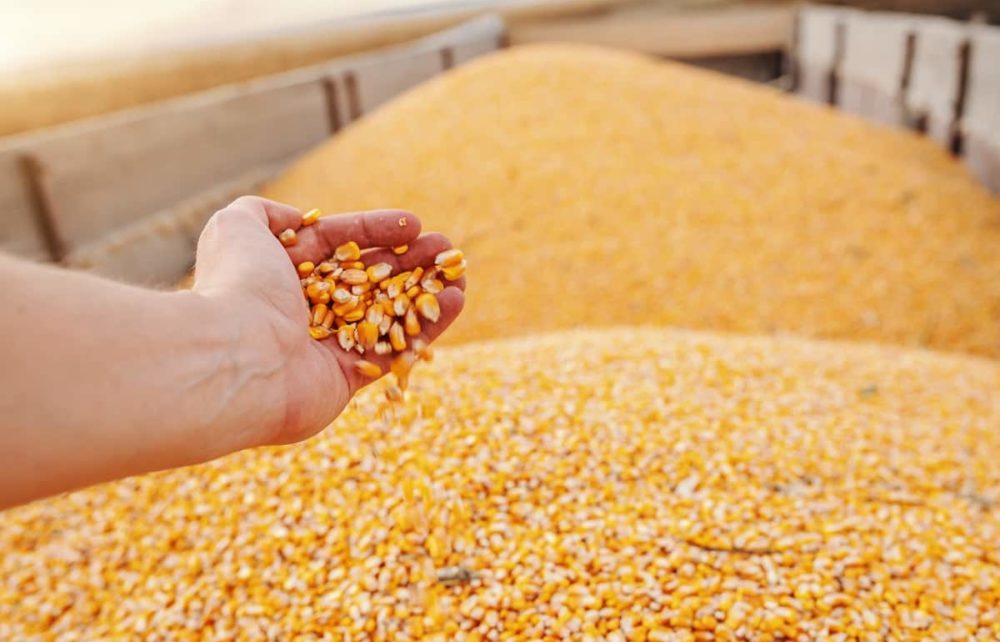Brazil and China are opening negotiations this month on expanding trade in new commodities, after a recent deal to boost grain trade.
China and Brazil recently agreed to new protocols that allow the Latin American giant to export large shipments of corn and peanuts to China, as announced at the sixth meeting of the China-Brazil Highlevel Coordination and Cooperation Committee on May 23.
Negotiations also will start this month on expanding trade in other commodities, China Daily reported.
Brazil confident on growth of trade with China, despite drop
In a joint news statement, Brazil’s Ministry of Agriculture, Livestock and Supply and the Ministry of Foreign Affairs said that the “compromises reached” on grain trade “demonstrate the dynamism of the bilateral relationship in agriculture” and the potential for increased trade between the two countries.
Brazil is the world’s third-largest corn producer after China and the United States, followed by Argentina and Ukraine. As Russia and Ukraine account for about 15 percent of the world’s corn production, the ongoing conflict between the two has affected global supply.
“Brazil… will have a surplus of 1.1 million metric tons to export beyond the initial demand. So, the Chinese request would represent 36 percent of the Brazilian corn surplus,” said Matheus Dias de Andrade, international relations adviser at the Brazilian Confederation of Agriculture and Livestock.
New historic record for trade between Brazil and China in 2021
The country produced more than 87 million tons of corn in the 2020-21 season, and forecasts from CONAB, the state-owned national supply company, suggest production will top 115 million tons in 2021-22.
At the same time, more corn trade between Brazil and China could have an impact on global prices, which have been affected by the Ukraine conflict “and the consequent rise in prices (about 8 percent in Europe), especially for raw materials”, said Marta Peris-Ortiz, an expert in innovation and sustainability at the Polytechnic University of Valencia, Spain.
The significant increase in prices for commodities like corn “explains the reconfiguration that is occurring and will continue to occur in the markets globally”, Peris-Ortiz said.
Brazilian soy exports should depend less on China, vice president says
However, Brazilian producers still need to create confidence in the stability of supply and the prospects for a long-term trade relationship with Chinese buyers.
With all this uncertainty, more agreements will likely be needed to ensure a stable and long-term supply of these commodities, according to the Brazilian Association of Corn Producers.
“Once Brazil is a competitive and reliable corn producer with the total capacity to supply the Chinese market, the relationship will probably turn into a long-term one,” said Dias de Andrade.




